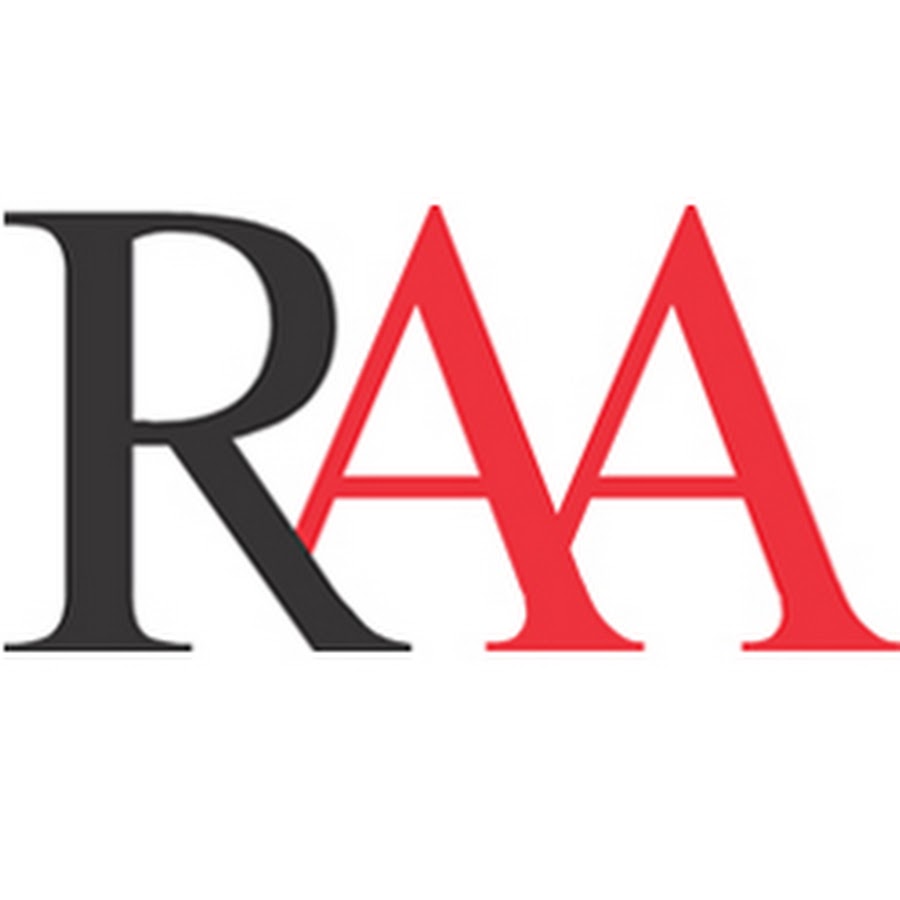The Reinsurance Association of America (RAA) and the Council of Insurance Agents & Brokers (CIAB), as well as other consumer, taxpayer and think-tank organisations, have written a letter of support for a piece of U.S. legislation that if enacted would call on increased use of risk transfer for federal risk.
 The bill known as the GRATER Act of 2018, H.R. 5381, or “The Government Risk and Taxpayer Exposure Reduction Act of 2018” calls on the Federal government to embrace risk transfer and risk capital, in all its forms, to reduce exposure for taxpayers.
The bill known as the GRATER Act of 2018, H.R. 5381, or “The Government Risk and Taxpayer Exposure Reduction Act of 2018” calls on the Federal government to embrace risk transfer and risk capital, in all its forms, to reduce exposure for taxpayers.
The bill calls for federal risks to always be evaluated and risk transfer to always be considered, with initiatives to transfer risk to private insurance markets and the capital markets encouraged.
This would remove risk from the federal projects and programs themselves, protecting their beneficiaries, taxpayers and the private sectors that rely on these projects and programs as well.
The letter explains the benefits of the bill being passed, saying, “Federal program beneficiaries likely would benefit from improved program risk management and funding certainty, particularly in the aftermath of anomalous events resulting in the need for unanticipated and unappropriated, increased costs. Taxpayers would be relieved from carrying the full financial burden of risks currently retained by the federal government.”
The letter also explains the important role that reinsurance and risk transfer can play, saying, “The capital markets and reinsurance can help federal programs and operations improve risk-management, resilience, and to deleverage through risk-sharing, reducing both liability and cost.”
At its core, the group of organisations believe that the private sector can help the U.S. federal government to better manage its risks, having the resources to absorb the risk and diversify it throughout the marketplace.
The group highlight current risk transfer agreements that de-risk federal government programs, such as the National Flood Insurance Program’s (NFIP) reinsurance arrangements, the credit risk transfer programs of the GSE’s Fannie Mae and Freddie Mac, and the risk transfer program of the Export-Import Bank of the United States (EXIM).
“These programs potentially can serve as a model for other federal programs and risks ultimately borne by the taxpayer,” the signatories explained.
The bill itself is kept short by design, seeking to mandate that where appropriate the government look to reduce and minimise credit, guarantee, and insurance risks associated with all Federal Government programs, by transferring the risk to the private sector at market terms.
If successfully passed and enacted this bill will increase the focus on risk transfer within U.S. government and result in more attempts to de-risk federal programs, to the benefit of the taxpayer and the country.
With the global reinsurance and capital markets easily able to absorb significant amounts of U.S. government risks, from catastrophe to broader lines of exposure, the opportunity to de-risk these programs should be taken and risk capital used as a tool for making federal programs more sustainably run.


